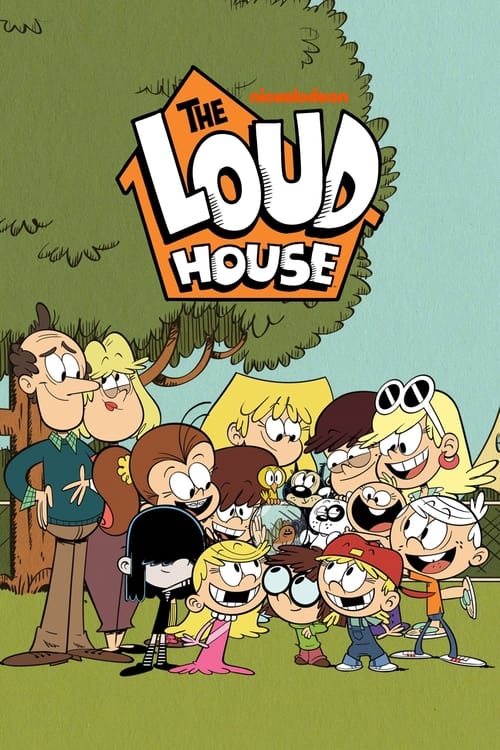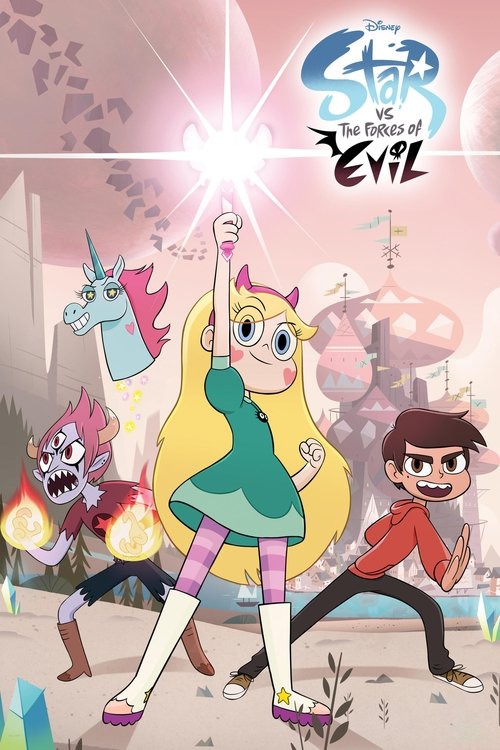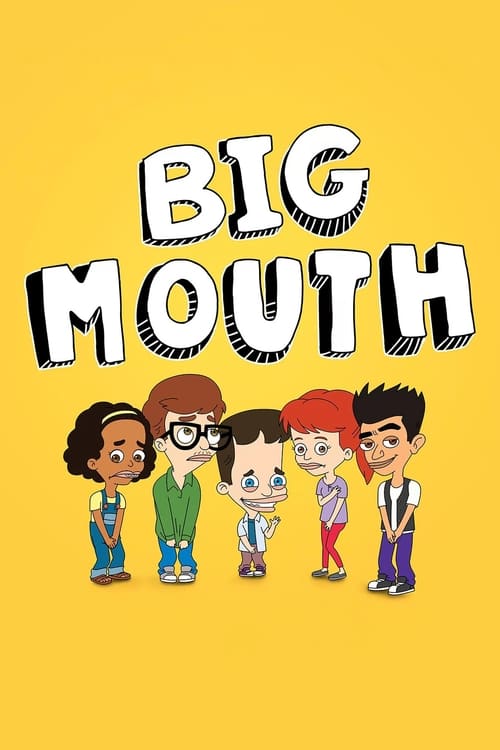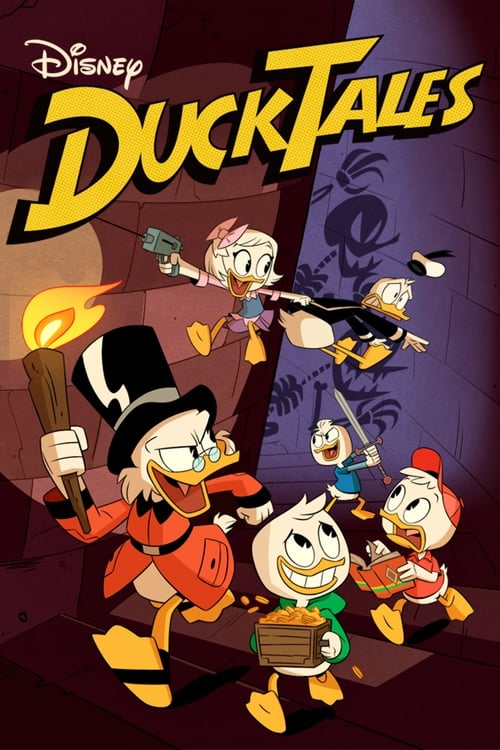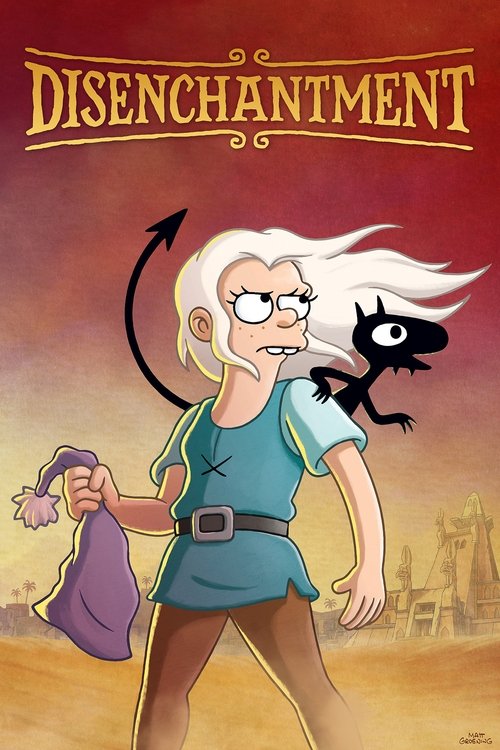
Ask Your Own Question
What is the plot?
Bluey and Bingo are playing a game in their backyard, pretending to be queens. They are dressed in makeshift crowns and capes, fully embracing their royal roles. The game begins with Bluey taking charge as the queen, giving orders and directing Bingo, who plays the role of her loyal subject. The atmosphere is filled with excitement and imagination as they create a world where they rule over their kingdom.
As they play, Bluey decides that they need to have a royal ceremony. She instructs Bingo to gather the necessary items for their event, which includes a makeshift throne and decorations. Bingo enthusiastically complies, showcasing her eagerness to please her sister and participate in the game. The two sisters work together, using their creativity to transform their backyard into a royal setting.
During the ceremony, Bluey takes her place on the throne, and Bingo stands beside her, ready to serve. Bluey begins to issue royal decrees, which are playful and whimsical, reflecting the carefree nature of their game. However, as the game progresses, Bluey starts to become more demanding, expecting Bingo to follow her orders without question. This shift in Bluey's behavior introduces tension into their play, as Bingo begins to feel overwhelmed by her sister's expectations.
Bingo, feeling the pressure of her role, tries to express her feelings to Bluey. She wants to have fun and play together, but Bluey's insistence on being the sole ruler creates a rift between them. Bingo's internal struggle is evident as she grapples with her desire to please Bluey while also wanting to enjoy the game. This moment highlights the importance of communication and understanding in their relationship.
Realizing that Bingo is not enjoying the game as much as she is, Bluey takes a moment to reflect on her behavior. She understands that being a queen also means being a good leader and considering the feelings of her subject. In a pivotal moment, Bluey decides to change the dynamics of their game. She invites Bingo to be a queen alongside her, allowing them both to share the royal responsibilities.
With this new arrangement, the sisters find joy in their play once again. They create a new set of royal decrees together, ensuring that both of their ideas are included. The game becomes more collaborative, and the atmosphere shifts from one of tension to one of laughter and creativity. They take turns making decisions, and the game evolves into a more balanced and enjoyable experience for both of them.
As the episode comes to a close, Bluey and Bingo continue to play as queens, now fully embracing their roles as co-rulers of their kingdom. Their bond is strengthened through this experience, showcasing the importance of teamwork and understanding in their imaginative play. The episode ends on a high note, with the sisters happily engaged in their game, demonstrating the joy of playing together and the value of friendship.
What is the ending?
In the ending of "Queens," Bluey and Bingo, after a series of imaginative play as queens, realize the importance of sharing and teamwork. They come together to resolve their differences, leading to a joyful conclusion where they embrace their roles and enjoy their playtime together.
As the episode unfolds towards its conclusion, Bluey and Bingo, having engaged in their royal game, find themselves in a playful conflict over the title of "Queen." The tension escalates as they both want to be the best queen, leading to a series of misunderstandings and playful arguments.
Scene by scene, the narrative progresses as follows:
The scene opens with Bluey and Bingo dressed in makeshift royal attire, complete with crowns and capes. They are in the backyard, where their imaginations transform the space into a grand kingdom. The atmosphere is filled with excitement and laughter as they enact their roles, each trying to assert their authority as the queen.
As they play, the initial joy begins to wane when they start to argue about who gets to be the queen of the castle. Bluey insists on her right to the title, while Bingo, feeling left out, asserts her claim as well. The playful banter quickly turns into a more serious disagreement, with both sisters feeling hurt and frustrated. Their expressions shift from joy to disappointment, highlighting the emotional stakes of their conflict.
In a pivotal moment, Bluey and Bingo separate, each retreating to their own corners of the yard, feeling dejected. The camera captures their downcast faces, emphasizing the weight of their disagreement. The playful energy that once filled the air is replaced by a somber silence, showcasing the impact of their conflict on their relationship.
However, the turning point comes when they both take a moment to reflect on their roles as sisters and the fun they can have together. They realize that being queens is not just about power but about sharing the experience. With newfound understanding, they come back together, ready to resolve their differences.
In the final scenes, Bluey and Bingo embrace their roles as queens, but this time with a focus on collaboration. They decide to rule their kingdom together, sharing the responsibilities and joys of being queens. Their laughter returns, and they engage in a playful dance, symbolizing their unity and the strength of their bond.
The episode concludes with the sisters happily playing side by side, their earlier conflict forgotten. They have learned the value of teamwork and the importance of sharing, reinforcing the message that love and cooperation are essential in their relationship. The camera pulls back, showing the two queens reigning over their kingdom, a testament to their growth and the joy of playing together.
Is there a post-credit scene?
In the episode "Queens" from season 2 of Bluey, there is no post-credit scene. The episode concludes without any additional content after the credits roll. The focus remains on the main storyline, which revolves around Bluey and Bingo playing a game of queens, showcasing their imaginative play and the dynamics of their sibling relationship. The episode wraps up with the resolution of their game, emphasizing themes of creativity and cooperation.
What game do Bluey and Bingo play in the episode 'Queens'?
In the episode 'Queens', Bluey and Bingo play a game where they pretend to be queens. They create a royal scenario where they must navigate the challenges of being in charge, including dealing with a 'peasant' who is actually their dad, Bandit.
How does Bandit react to being the 'peasant' in Bluey and Bingo's game?
Bandit embraces his role as the 'peasant' with humor and creativity. He engages with Bluey and Bingo's imaginative play, responding to their royal commands while adding his own comedic flair, which enhances the fun of the game.
What challenges do Bluey and Bingo face while playing their queen game?
Bluey and Bingo face various challenges in their game, such as managing the demands of their royal duties and dealing with the antics of Bandit as the peasant. They learn about the responsibilities that come with being in charge, which leads to moments of frustration and laughter.
How do Bluey and Bingo's personalities influence their roles as queens?
Bluey, being more assertive and imaginative, takes on a commanding role as queen, while Bingo, who is more gentle and playful, adds a softer touch to their royal interactions. Their contrasting personalities create a dynamic and engaging play experience.
What lesson do Bluey and Bingo learn by the end of the episode 'Queens'?
By the end of the episode, Bluey and Bingo learn about the importance of teamwork and empathy. They realize that being a queen involves not just giving orders but also understanding and caring for those around them, including their 'peasant' dad.
Is this family friendly?
In the episode "Queens" from Bluey, season 2, there are no overtly objectionable or upsetting scenes. The episode focuses on imaginative play and the dynamics of family relationships, which are central themes in the show. However, sensitive viewers might find the following aspects noteworthy:
- Conflict Resolution: There are moments of disagreement between characters, which may evoke feelings of tension or frustration, but these are resolved in a positive manner.
- Emotional Vulnerability: Characters experience feelings of sadness or disappointment during their play, which could resonate with children who are sensitive to emotional themes.
- Imaginative Play: The episode involves role-playing that may include themes of competition and hierarchy, which could prompt discussions about feelings of inadequacy or rivalry.
Overall, the episode maintains a light-hearted tone and promotes positive messages about teamwork and understanding.




